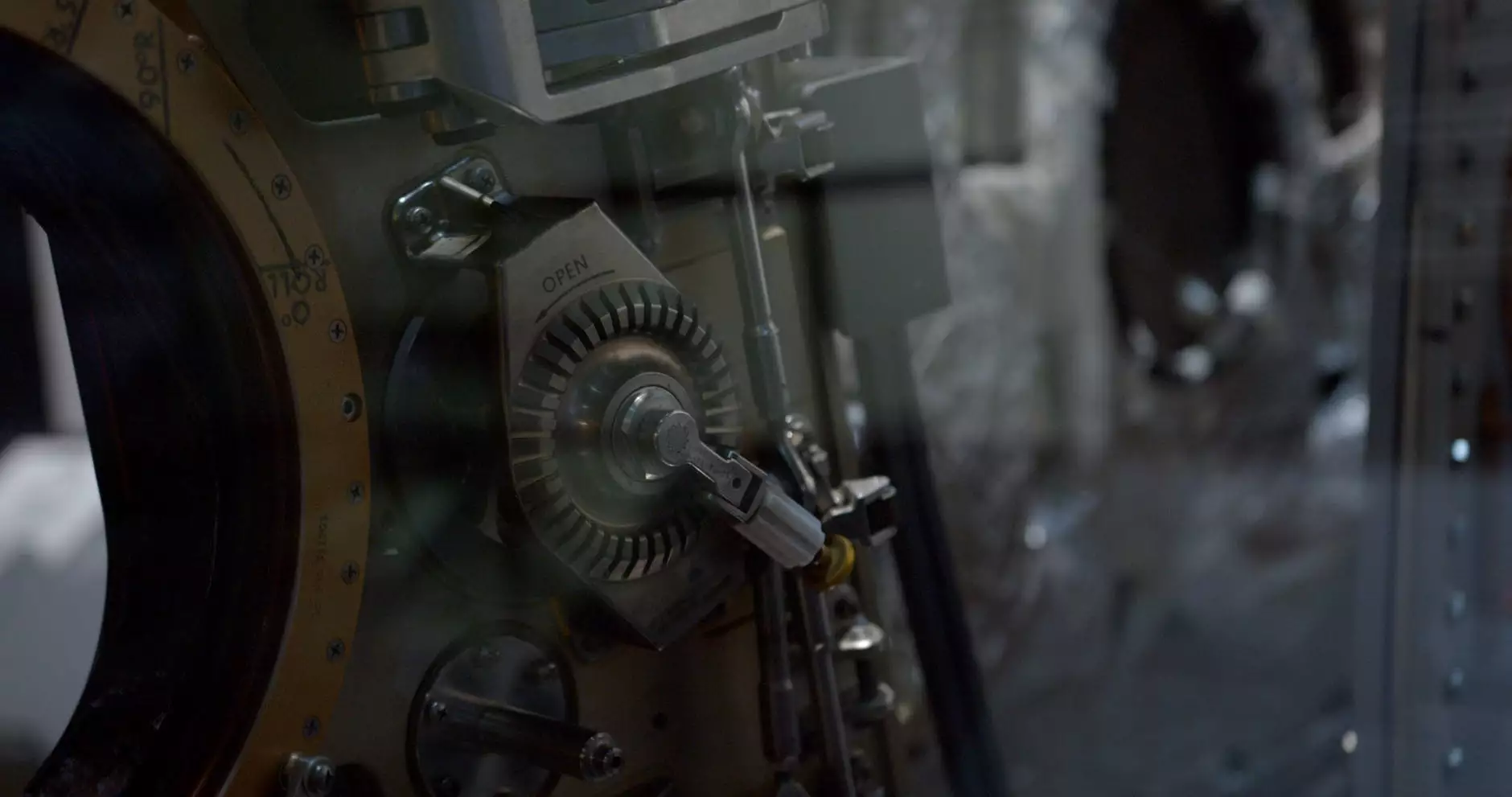Understanding Torque Converter Cost: A Comprehensive Guide

When it comes to the intricate workings of an automobile, the torque converter plays a pivotal role in the seamless transfer of power from the engine to the transmission. For vehicle enthusiasts and everyday drivers alike, understanding torque converter cost is essential not only for maintenance but also for ensuring optimal performance. In this detailed guide, we will explore everything you need to know about torque converters, including their functions, costs, and tips for making informed purchasing decisions.
What is a Torque Converter?
A torque converter is a type of fluid coupling found in automatic transmissions that facilitates the transfer of engine power to the transmission. It allows your vehicle to move smoothly during acceleration while providing the necessary torque. Understanding the components and functioning of a torque converter can help you appreciate why costs may vary significantly.
How Does a Torque Converter Work?
The operation of a torque converter involves three main components: the turbine, the stator, and the pump. Here’s a breakdown of each component:
- Pump: Gear driven by the engine, which circulates transmission fluid to allow the torque converter to transfer power.
- Turbine: Connected to the transmission, it receives the fluid from the pump, transforming hydraulic energy into mechanical energy.
- Stator: Located between the pump and turbine, it redirects fluid returning from the turbine to the pump, improving efficiency and torque multiplication.
Factors Influencing Torque Converter Cost
When evaluating torque converter cost, several factors come into play that dictate the final price tag. Here are the most important considerations:
1. Vehicle Make and Model
The specific make and model of your vehicle significantly affects the cost of a torque converter. High-performance vehicles often require specialized converters that can handle increased torque and power, leading to higher prices.
2. Type of Torque Converter
There are different types of torque converters, each catering to different performance needs:
- Stock Torque Converters: Typically less expensive and designed to meet standard performance specifications.
- High-Performance Torque Converters: Designed for better performance, acceleration, and towing capacity; tend to be pricier.
- Custom Torque Converters: Tailored to specific performance demands; generally the most expensive due to their specialized nature.
3. Quality and Brand Reputation
Premium brands with a reputation for durability and performance often command higher prices. Investing in a quality torque converter can lead to better longevity and performance, which in the long run may save you money on replacements and repairs.
4. Labor Costs
Installing a torque converter is not always a straightforward process. Labor costs can vary significantly depending on your location and the complexity of the installation. Always consider these costs in your torque converter cost calculations.
Average Torque Converter Prices
To give you a clearer picture, here are some average price ranges:
- Stock Torque Converters: $150 - $500
- High-Performance Torque Converters: $500 - $1,200
- Custom Torque Converters: $1,000 - $2,500
Keep in mind that these prices can fluctuate based on the factors mentioned earlier, and it’s wise to get multiple quotes before making a decision.
Where to Purchase Torque Converters
Finding the right torque converter for your needs involves knowing where to look. Here are some options:
- Authorized Dealers: Always a good starting point if you want OEM (Original Equipment Manufacturer) parts.
- Aftermarket Suppliers: Websites like Shenghai Auto Parts offer a variety of aftermarket options that may fit your budget and performance needs.
- Local Auto Parts Stores: Physical stores often have knowledgeable staff who can assist you in finding the right converter and may offer competitive pricing.
- Online Marketplaces: Platforms like eBay or Amazon can provide good deals, but be sure to check seller ratings and product reviews.
Tips for Choosing the Right Torque Converter
Selecting the right torque converter is crucial for achieving optimal vehicle performance. Here are some tips to help you make an informed choice:
1. Assess Your Driving Needs
Understanding how you drive—whether you prioritize speed, towing capacity, or daily commuting—will help you select the right converter tailored to your driving style.
2. Calculate Your Engine’s Torque
Knowing your engine’s torque output is vital. This will guide you in selecting a converter that can handle the torque effectively without slipping or overheating.
3. Look for Compatibility
Ensure that the torque converter is compatible with your vehicle’s transmission and engine. Mismatched components can lead to performance issues.
4. Consult Professional Mechanics
If unsure, consulting with a seasoned mechanic can provide valuable insights and recommendations based on their experience and expertise.
Common Issues with Torque Converters
Torque converters can experience several issues over time. Here are some frequent problems to watch out for:
- Slipping: Symptoms include a high RPM without acceleration, a sign that the torque converter is failing to transfer power efficiently.
- Overheating: This can be due to a malfunctioning transmission or a clogged filter, both of which can cause excessive wear on the torque converter.
- Rattling Noise: Unusual sounds during operation may indicate internal damage, warranting immediate attention.
Maintaining Your Torque Converter
Regular maintenance can extend the life of your torque converter and enhance vehicle performance. Here are some maintenance tips:
- Check Fluid Levels: Regularly monitor transmission fluid levels, topping them off as needed to ensure proper functioning.
- Change Fluid Regularly: Depending on your vehicle, replacing the transmission fluid can prevent buildup and overheating issues.
- Inspect for Leaks: Checking for fluid leaks can help catch problems early before they escalate.
Conclusion
Understanding the nuances of torque converter cost is vital for any vehicle owner who aims to maintain their car's performance while managing expenses. By considering the various factors that influence cost—including your specific vehicle make and model, the type of torque converter, and the associated labor costs—you can make an informed purchase. Whether you need a stock replacement or a high-performance solution, being educated about your options allows you to invest wisely in your vehicle’s future. At Shenghai Auto Parts, we strive to provide you with high-quality products and exceptional customer service to assist you in your automotive journey.









